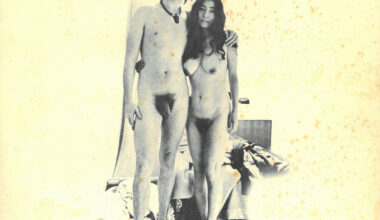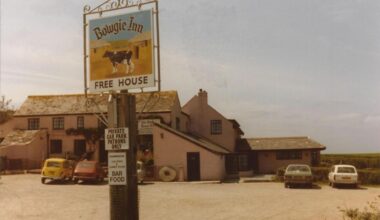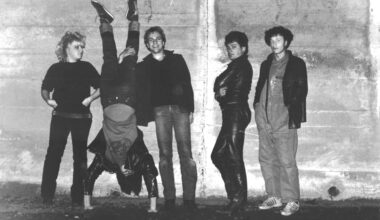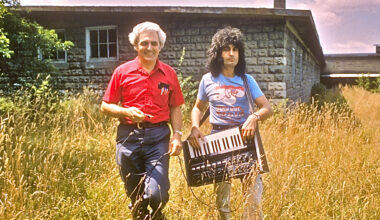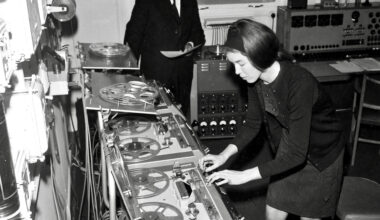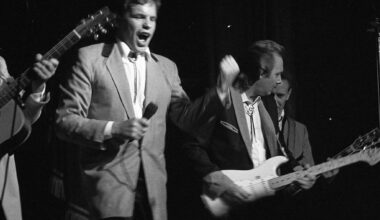Heldon guitarist and electronics innovator Richard Pinhas reflects on some memorable encounters with Kraftwerk
Want to read more?
Sign up to Electronic Sound Premium to gain access to every post, video, special offers, and more. 100%, all you can eat, no commitment, cancel any time.
Already a premium member? Log in here
